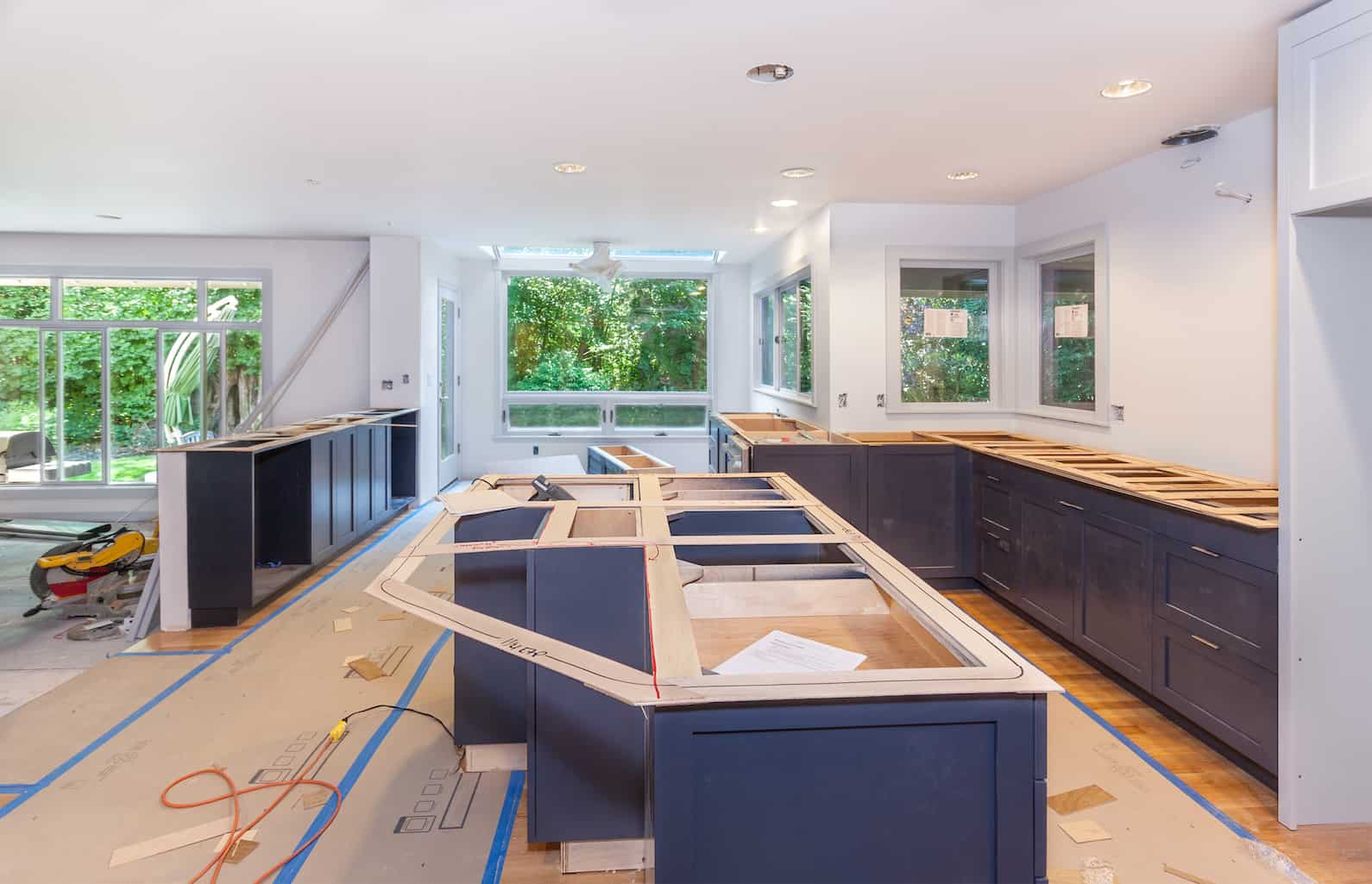In the modern era, where eco-consciousness is on the rise, eco-friendly home remodeling has gained significant traction among homeowners. Remodeling your home not only enhances its aesthetic appeal and functionality but also provides you with the perfect opportunity to implement green practices that benefit the environment. As you begin your renovation project, you may find various choices and trends that focus on sustainability, all while keeping style and comfort in mind.
Whether you are planning a complete overhaul or just looking to make small upgrades, grasping the best methods is key. From picking green materials to utilizing energy-efficient options, the selections you make throughout your remodeling can have a significant positive influence. This guide will delve into topics ranging from affordable remodeling concepts and room-targeted improvements to the newest eco-friendly trends. Prepare to embark on an exciting journey of transforming your living area while caring for the Earth.
Eco-friendly Home Improvement Techniques
One of the most effective sustainable remodeling strategies is to focus on energy-efficient upgrades. Incorporating energy-efficient windows, doors, and insulation during a remodel can greatly reduce your home's energy consumption. These upgrades not only improve comfort but also lower utility bills, providing savings in the long run. Additionally, think about installing eco-friendly appliances and lighting. Look for products that have the ENERGY STAR label, as they are designed to save energy and reduce environmental impact.
Choosing sustainable materials is another key aspect of eco-friendly home remodeling. Choose reclaimed wood, bamboo, or recycled materials when picking flooring, cabinetry, and countertops. These materials reduce the demand for new resources and often have a lower environmental footprint. Not only do sustainable materials help the planet, but they also add unique character and charm to your home. Make sure to consult with suppliers who specialize in green building products to ensure you make informed choices.
Integrating smart home technology can enhance both sustainability and functionality in your remodel. Smart thermostats, lighting controls, and energy monitoring systems enable homeowners to optimize their energy use and reduce waste. By embracing these technologies, you can create a more efficient living space while also making your home more convenient. Additionally, considering renewable energy options, such as solar panels, can further enhance your home's sustainability, providing clean energy to power your appliances and decrease your dependence on fossil fuels.
Cost-Effective Remodeling Tips
As considering your house remodel, it’s crucial to set a realistic financial plan and adhere to it. Begin by identifying which tasks are most crucial to you and your loved ones. Emphasize areas that provide the most significant return on investment, such as kitchen and bathroom updates. Think about finding second-hand materials or gently used decor that can add charm to your home and avoid the excessive expense.

A helpful way to reduce money is to handle smaller enhancements that make a notable impact. Simple updates including painting walls, changing light fixtures, or replacing cabinet hardware can update your environment. https://chandler-breen-3.technetbloggers.de/ten-current-movements-in-home-renovation , are these alterations affordable, but they can also be completed relatively quickly, lessening disruption to your everyday life.
If you have some DIY abilities, consider taking on projects like putting in or removing yourself. https://telegra.ph/Methods-to-Pick-the-Best-Professional-for-Your-Remodel-03-11 can cut down on labor costs, permitting you to reallocate those resources to better materials. However, be honest about your abilities and be aware when to bring in a professional to guarantee the job is done right, avoiding financial mistakes down the line.
Contemporary Styles in Home Design
As we move into the new year, home design carries on to evolve, incorporating eco-friendly practices and modern aesthetics that reflect personal style while focusing on sustainability. One noteworthy trend is the rise of open floor plans, which not just enhance the circulation of natural light but also create versatile spaces. Homeowners are increasingly preferring layouts that allow for seamless transitions between living, dining, and kitchen areas, fostering a sense of community within the home.
Another significant trend is the integration of smart home technology. Homeowners are looking for innovative ways to enhance convenience and energy efficiency. Features such as smart thermostats, advanced lighting systems, and integrated appliances are gaining status as standard in modern renovations. These upgrades not only add value to the home but also decrease energy consumption, aligning with the growing focus on sustainability.
In addition, using sustainable materials has achieved momentum, with eco-conscious homeowners seeking out options that are both aesthetic and environmentally friendly. Reclaimed wood, bamboo flooring, and recycled materials are increasingly featured in remodeling projects. This transition not just minimizes the environmental impact but also adds unique character to spaces, highlighting how modern design can meet the needs of both aesthetics and sustainability.
